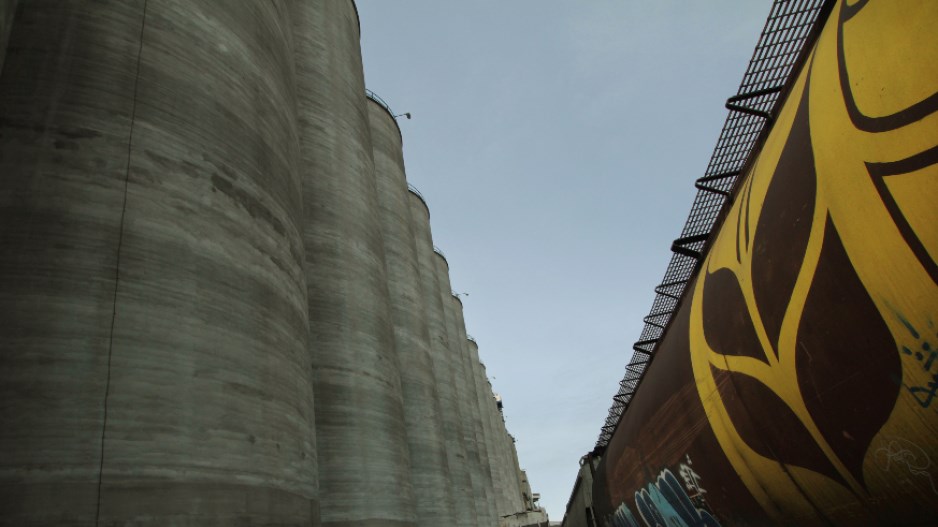Grain terminals in Vancouver and Prince Rupert could be hit by a sudden slowdown in canola shipments, following last week’s announcement that China has denied an import permit to one of Canada’s largest canola producers.
Richardson International Ltd. is Canada’s largest agricultural company, and canola is a significant part of its business.
It owns or co-owns three terminals in B.C. – one in North Vancouver, the Cascadia terminal in Vancouver and Prince Rupert Grain Terminal, which it co-owns with Cargill and Viterra.
Richardson International isn’t commenting on China’s sudden decision to block its canola shipments.
The move was widely viewed as just retaliation by China against Canada’s detainment of Meng Wanzhou, CFO of Huawei Technologies Co. Ltd., at the request of the U.S. government.
She is facing extradition to the U.S. to face charges of money laundering and circumventing American sanctions on Iran.
But China has slapped restrictions on Canadian canola before, citing concerns about infestations spreading to Chinese crops – concerns that were valid. Between 2009 and 2013, concerns were raised about a fungal infection called blackleg spreading from Canadian canola imports to Chinese crops, and during that period China implemented a number of restrictions.
“You could say that there is a pattern of being very, very concerned about contamination,” said Ellen Goddard, an agricultural economist at the University of Alberta.
The timing of the latest ban is interesting, however, Goddard said, and so is the target.
She pointed out that most other owners of large grain elevators and terminals in Canada, like Cargill and Viterra, are multi-nationals, whereas Richardson is Canadian.
“If they wanted to make a political point, this might not be a bad time to do it,” Goddard said. “If they were really concerned about the quality of canola, I doubt that the targeting of one company would achieve that.”
Canola is Canada’s most valuable crop, and China is its second-largest market. Canadian canola exports to China were valued at $3.6 billion in 2017.
B.C. is not a major producer of canola, although it is the No. 1 crop grown in the Peace Valley region, according to the B.C. government. The biggest impact, should China expand its restrictions on canola imports, would be on Saskatchewan, Alberta and Manitoba.
Wider effects for B.C. might be felt in terminal operations and shipping. Canola is the second-biggest agricultural crop to move through the Port of Vancouver, just behind wheat.
About 7.5 million metric tonnes of canola moved through the Port of Vancouver in 2018, and 136,795 metric tonnes moved through the Port of Prince Rupert.
Goddard said she suspects Richardson’s canola will still be going to terminals in B.C., but she added there may be a backlog until the permitting issue gets resolved or alternative buyers are found.
For the Justin Trudeau government, China’s ban on Richardson International’s canola is just one more western Canadian grievance to deal with.
His erstwhile ally in Alberta, Premier Rachel Notley, took a swipe at the prime minister, calling on him to “get back on the job and fight for our canola farmers.”
“We are calling on Ottawa to stop its navel-gazing about its internal controversies and fight back,” Notley said. “Alberta farmers and Alberta workers stand to lose hundreds of millions of dollars and up to 3,000 jobs if this is not resolved.” •




